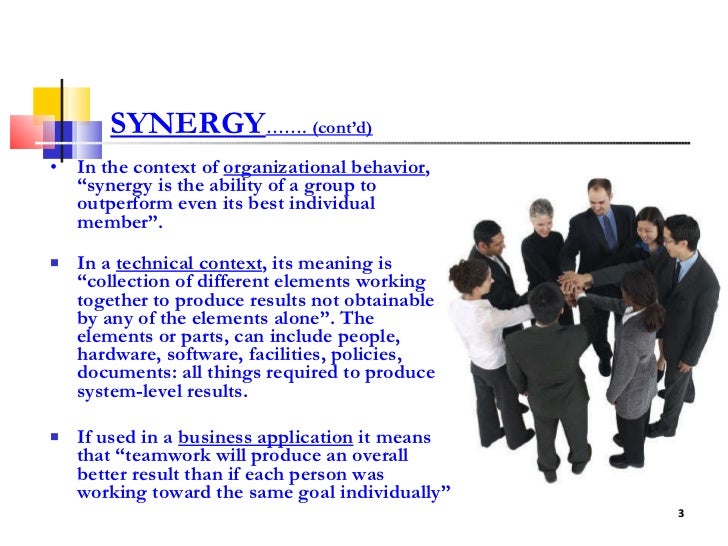
In December, the Council also unanimously adopted resolution 2668 (2022), recognizing the need to raise awareness of the importance of mental health and psychosocial support to United Nations peace operations personnel. The Council then adopted a presidential statement emphasizing the need to improve strategic communications across peacekeeping operations’ civilian, military and police components.

In July, during a ministerial-level open debate, Secretary-General Guterres warned of the potential deadliness of disinformation, and its ability to change “our blue flag from a symbol of security into a target for attack”. The Council also heard from Nadia Murad, Nobel Peace Prize Winner and United Nations Office on Drugs and Crime (UNODC) Goodwill Ambassador, who called for action and accountability, rather than moral outrage, and for Governments to support victims, who were too often left to pick up the pieces of their lives alone.ĭespite the prevailing atmosphere of dissension, there were a number of issues upon which Council members agreed, including the need to improve the safety, security and well-being of its more than 80,000 peacekeepers, the majority of whom are deployed to the world’s most complex conflict environments. That particular issue was the focus of an open debate in April, with Pramila Patten, Special Representative for Sexual Violence in Conflict, questioning what the Council’s resolutions on women, peace and security meant for women in Ukraine, Afghanistan, Myanmar and Ethiopia, as verified cases of sexual violence increased across the globe. Throughout the year, the Council addressed issues related to women, peace and security, hearing from a range of briefers who underlined the need to increase women’s representation in peace processes, redress setbacks to gender equality resulting from the pandemic and address conflict-related sexual violence. That concern foreshadowed the fallout of the Ukraine war and the devastating human cost it would extract, a cost highlighted by many briefers in the course of the year, including the Director at the Office for the Coordination of Humanitarian Affairs, Ramesh Rajasingham, who warned in May that as many as 100 million civilians were fleeing such conflicts for the first time on record. Newfound urgency around the use of the veto also prompted a brand-new precedent: In April, the General Assembly decided that it would meet automatically within 10 days of the use of the veto at the Council by one of that organ’s five permanent members.Įarly in the year, Secretary-General António Guterres appeared before the Council to sound the alarm about urban warfare, which impacted 50 million people around the world, warning that civilians accounted for 90 per cent of those affected by the use of explosive weapons in urban spaces.

The constraints placed on the Council’s capacity to act prompted ever more vociferous calls for its reform. That country’s veto on 25 February, in response to a resolution intended to bring its offensive against its neighbour to a halt, prompted the Council to refer that situation to the General Assembly, the first time it was doing so in 40 years. The use of the veto also rose from once in 2021 to four times in 2022, wielded each time by the Russian Federation, twice on matters relating to Ukraine. However, the number of press statements issued rose to 67, from 60 in 2021. Similarly, the elusiveness of unanimity led to its adopting considerably fewer presidential declarations, only 7, compared to 24 in 2021. As many as 18 of these adoptions - a third - were non-unanimous, compared to less than a sixth in 2021, a reflection of the Council’s internal dissension. The proliferation of meetings was accompanied by fewer adopted resolutions: 54 in 2022, down from 57 in 2021 and 2020.


The Council convened a total of 276 public meetings - up from 246 in 2021 - 46 of which were devoted to the situation in Ukraine. Despite Organ’s Stalled Action on Non-Proliferation Threats, Protracted Conflicts, Progress in Colombia Shows Peace, Reconciliation PossibleĪs the Security Council fully resumed in-person meetings, the invasion of Ukraine at the start of the year by the Russian Federation - a permanent, veto-wielding member of the Council - plunged the 15-nation organ into a fractious new normal, widening pre-existing rifts, making consensus more laborious than ever to achieve and impeding efforts to fulfil their responsibility in maintaining international peace and security.


 0 kommentar(er)
0 kommentar(er)
